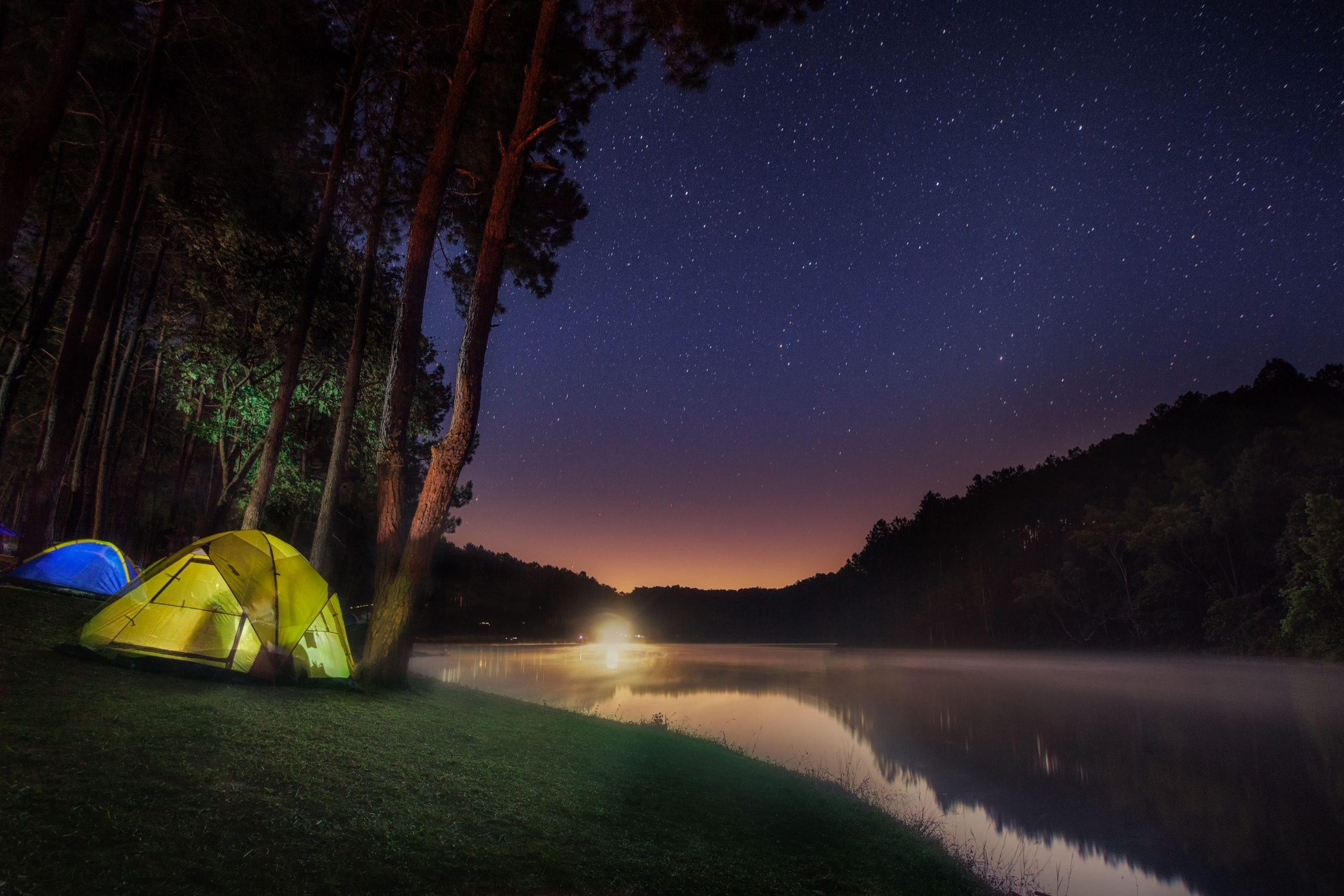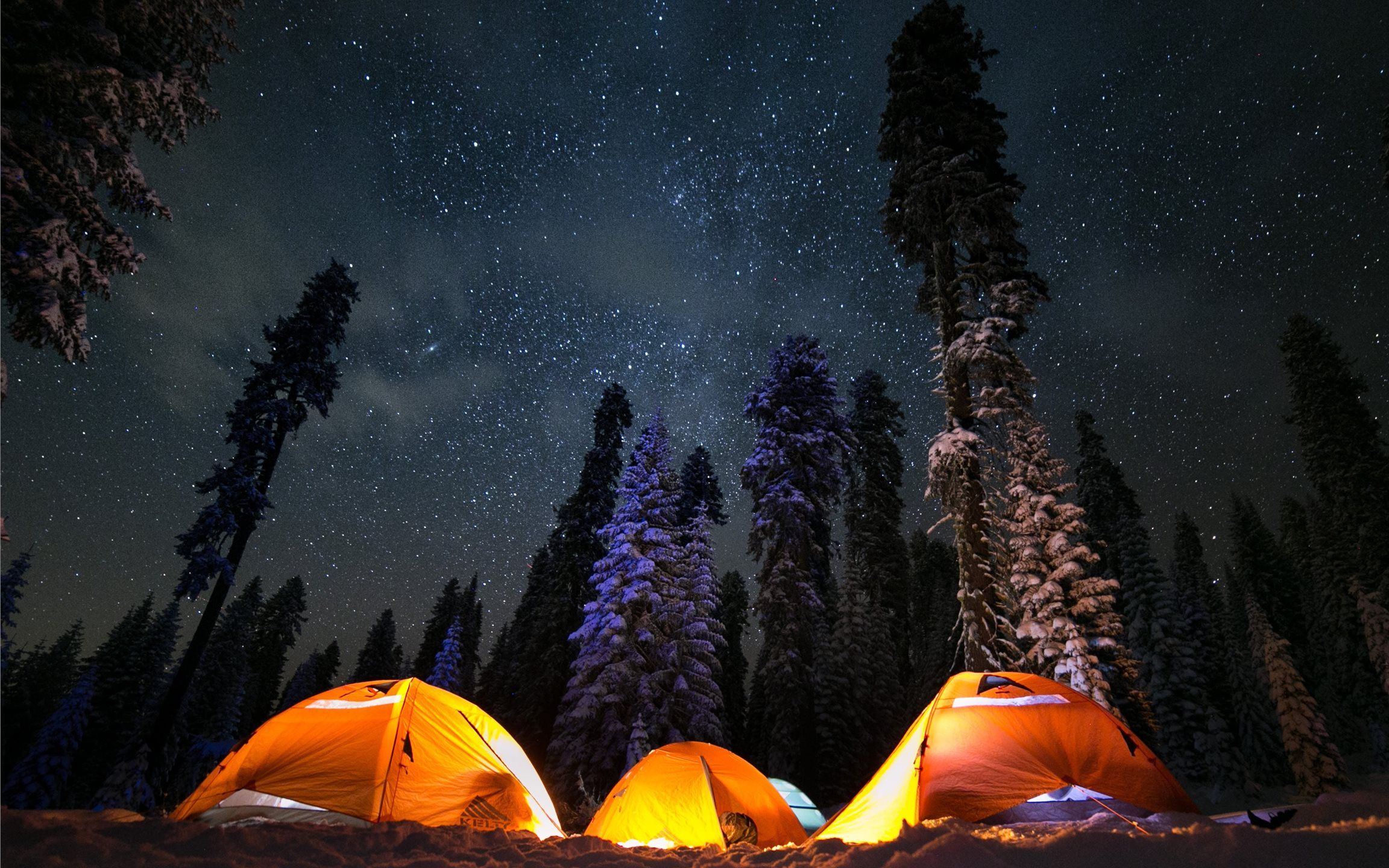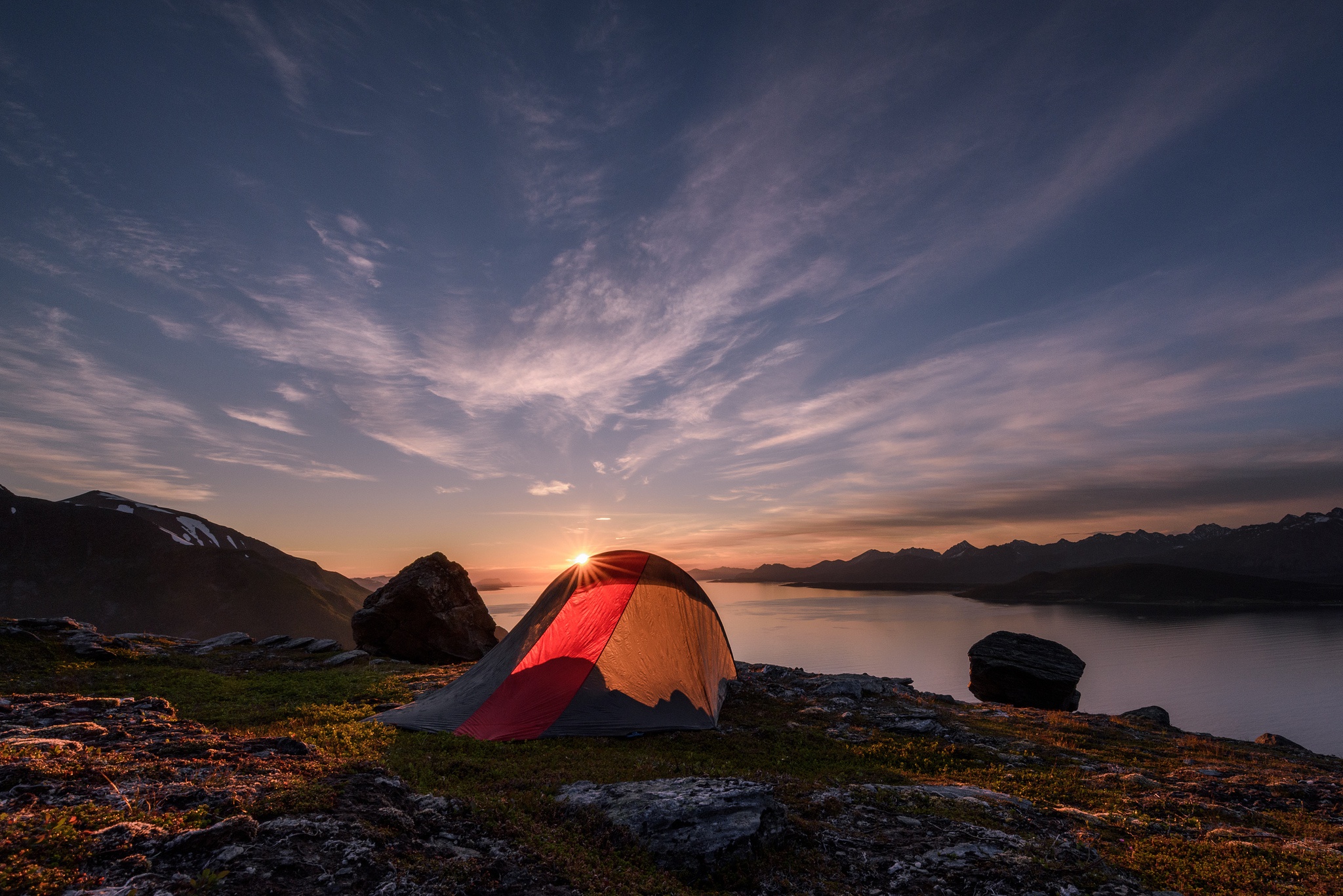Camping can be very enjoyable. Sleeping and waking up to nature is one of the most relaxing things imaginable. If you have never been camping, but assume it’s hard or you won’t like it, continue reading to learn more about it.
Reserve your spot at a campground as soon as possible. Particularly in the summer, many people are interested in camping with their families. If you make your reservation in the winter, you are much more likely to get the best rate possible. Those savings can translate into additional family fun while on your vacation.
Leave no trace of your outing at your campsite, for environmental reasons and as a courtesy to park officials who clean up and the next camping crew. Make sure all trash is picked up, you refill holes you may have dug and of course, that your campfire is completely out!
Always take more water than you think you will use when you go on a camping trip. Many times, people forget how much water is needed. It is used for drinking, washing dishes and hands, cooking and even brushing your teeth. Water is not something you want to be without.
Pack a few shovels if there are children with you on your trip. Kids love nothing better than digging in the dirt, and having the right accessories is crucial. If you have room, bring a bucket too. The children will happily entertain themselves in the dirt while you unpack, set up camp and do everything that you need to do.
Water is very important when camping. When camping at a campground, there should be ample supply of water available, but on the trail, you will have to carry some with you. If you are going long distances, you should probably carry iodine tablets to sanitize any water you find before drinking. Be careful, dysentery can be deadly.
If you are interested in camping, and you are new to the activity, then you should never start out alone. It can be quite dangerous if you don’t know what you are doing, so it is important to bring along an experienced friend to help you learn the ropes.
At night, create “bear bags.” Tie a rope around the bags with your food and your trash. Then, find a tree and toss bags over a branch, raising until they are at least seven or eight feet off the ground. Tie the rope around the tree so it is secure. This way, bears and other animals will not be able to get into your food and trash during the night.
When you reach your campsite, the first thing, you should do is to start collecting wood for your fire. You won’t feel like it later on, and if you wait until dark you will have a harder time finding the kind of wood you need to keep a fire going. Do it right away.
If you will be camping somewhere that is very far away from civilization, then make sure you have told several people where you will be as well as how long you are intending to stay. Ask them to call you on the day you are supposed to return to ensure your safety.
It is important that you remember all the camping gear when going on a trip. You certainly don’t want to forget something important like your sleeping bag or tent. Check to make sure you have everything you need with a check list prior to going on your trip.
Unless you are going to be spending a significant amount of time camping, buying expensive sleeping bags is really unnecessary. Even if your old and musty sleeping bag is rated for below freezing temperatures, it is excellent padding for the ground even when it is hot outside and you will feel comfortable sleeping on it.
Kids love camping, especially when you plan activities that they can do. If you’re settled among the trees, they may become bored. Children may not have an idea of how to fish or set up a tent. Teach them about these activities prior to leaving.
Talk with your children about the dangers associated with camping before you leave home. Ensure you children know what poison ivy and poison oak looks like, what to do if they get lost or stumble upon wildlife.
On your next fishing trip, go fishing. Fishing is a great way to enjoy yourself while you’re out in nature, but it also helps you pack more lightly because you catch your food on the trip instead of having to bring it with you. Learn to de-bone a fish before leaving home and you’ll have easy fish dinners on your camping trip.
Now that you’ve gotten the right advice, you can start to plan that camping trip. Keep your new information close at hand, and your camping experiences will take shape in short order. It does not matter if you stay close to home or travel far away for your camping adventure, you will have the time of your life.




